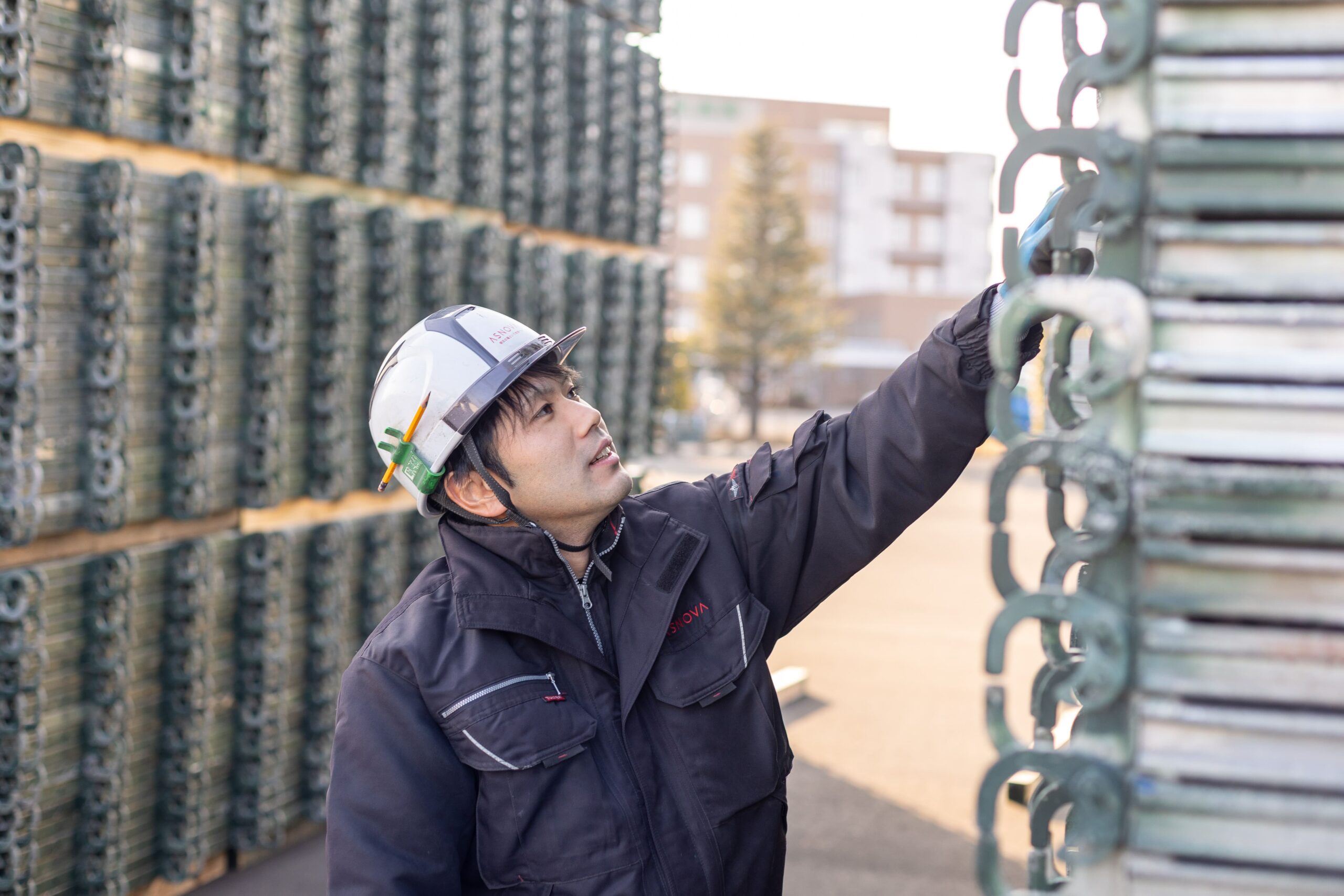





Fukushima Prefecture's first and 40th base "Fukushima Hongu Center". The potential of scaffolding as an infrastructure base
- infrastructure
- Center Manager
- Equipment Center
- Fukushima
- Kanto



RECRUIT
Text: Sayaka Mitsuda
Photo: Sho Kobayashi
PROIFILE
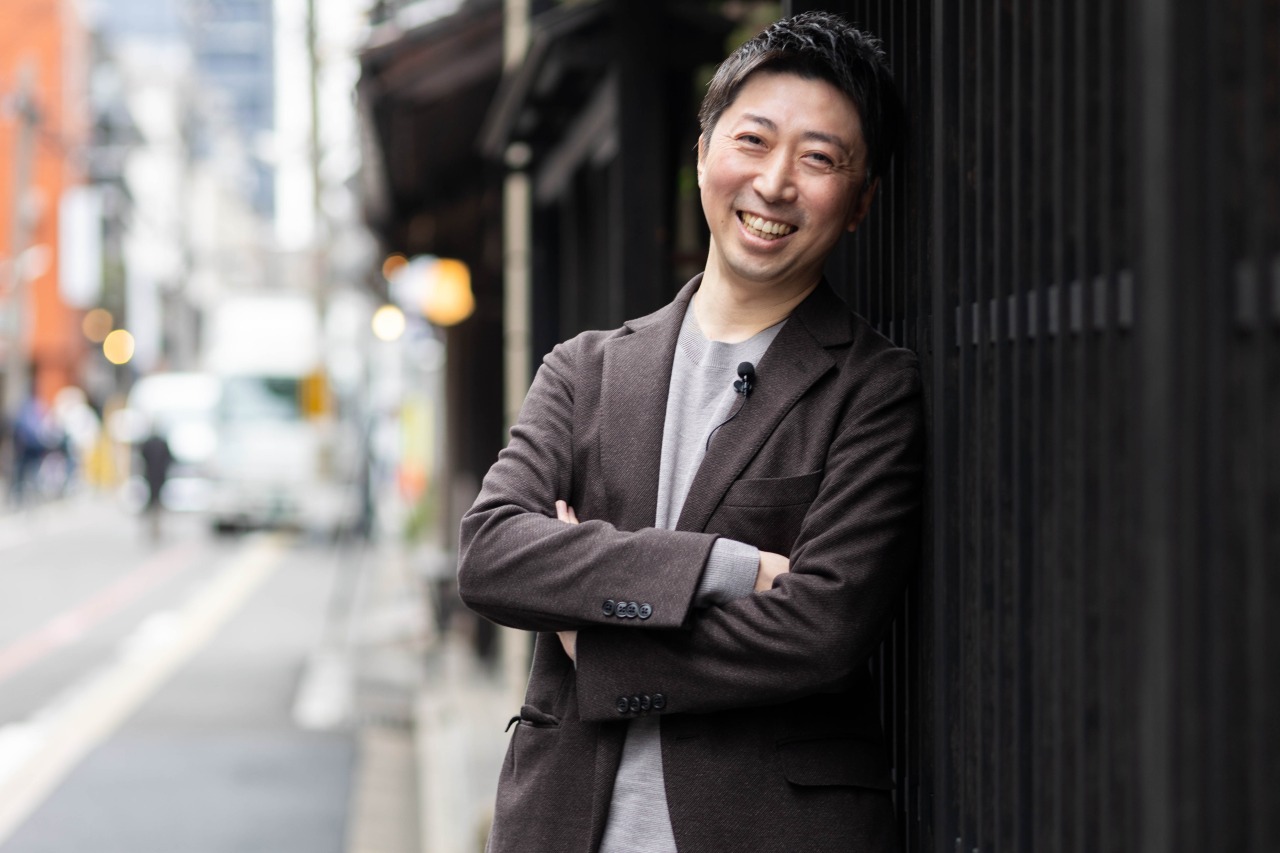
"KATARUVA" is a regular event held by ASNOVA where employees can talk freely with each other and think about the organization's issues and future. It is not just a training camp, but an important initiative that forms the foundation of the "self-sustaining organization" that ASNOVA aims for, and employees approach each event with a positive attitude. This time, we spoke with Mr. Makoto Ono, Senior Manager of Corporate Planning Office, about the aims and effects of "KATARUVA" and its future prospects.
→ The interview video is now available on YouTube's "ASNOVA Channel"!
Text: Sayaka Mitsuda
Photo: Sho Kobayashi
PROFILE
There are various departments in the company, and employees of different ages and careers work there. Therefore, we think it is important to create opportunities for members who do not usually come into contact with each other to have deep interactions. By getting out of the office and talking in an extraordinary space, psychological safety is ensured and people can relax and speak their true feelings.
Another feature of the event is that we encourage participants to wear casual clothes, which removes the barriers between positions and departments and allows people to exchange opinions on a flat level. Since it is people who make up an organization, we believe it is very important for everyone to have a deep understanding of each individual.
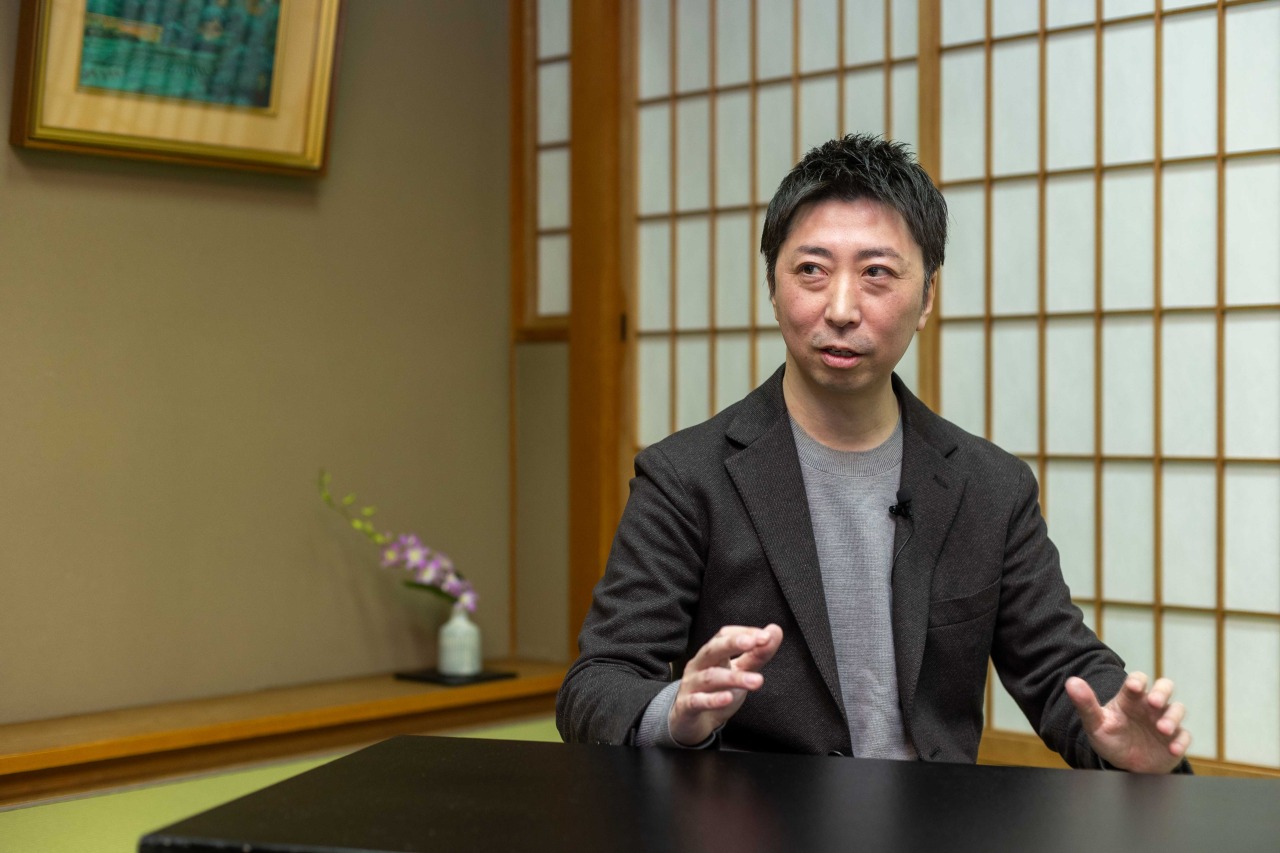
This is a small-scale effort with only about 10 people, but I believe that the effect would be weaker if the number of participants was larger. Repeating this small-scale effort will surely lead to the creation of a strong organization.
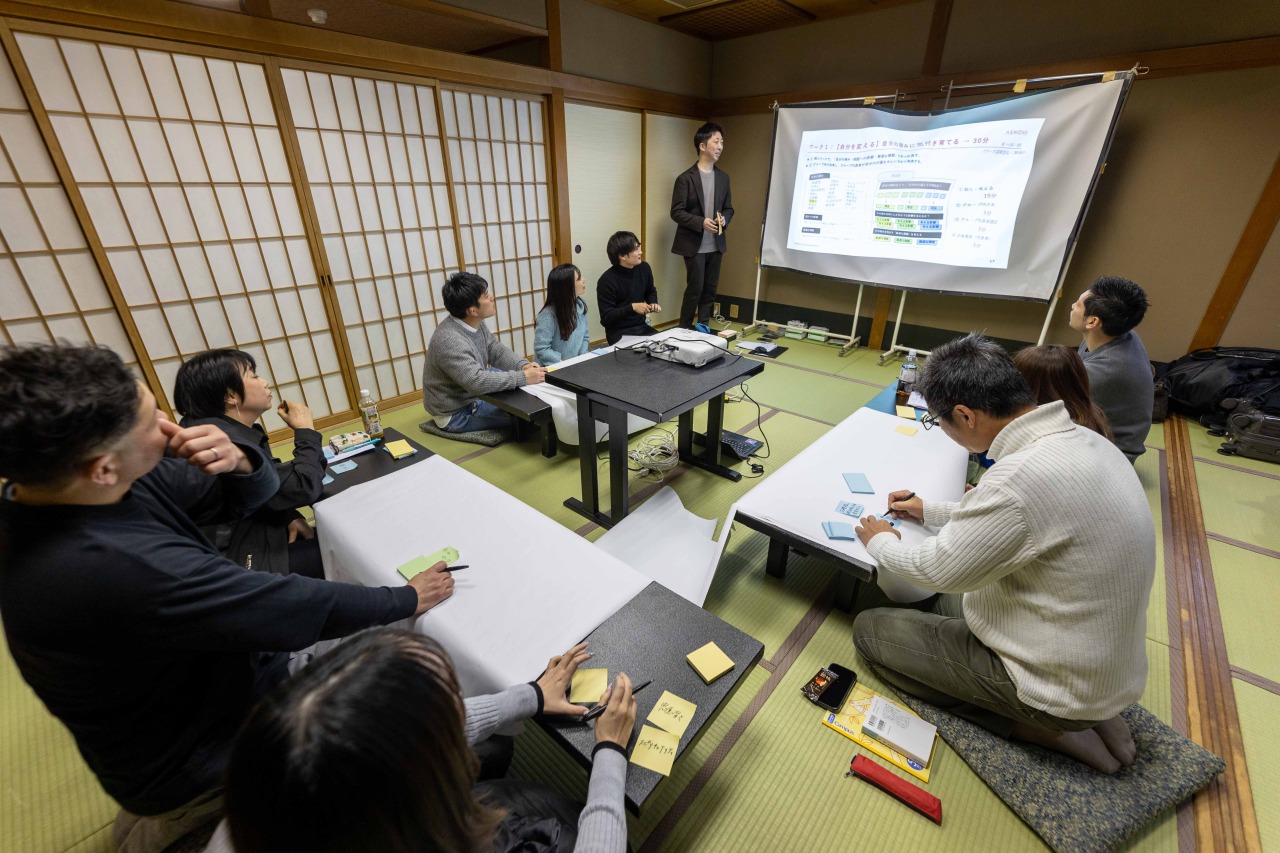
Participants often comment that it was fun, that they learned something, that they understood the initiative, and that they would like to participate again. Participants especially like the opportunity to connect with members of other departments with whom they usually have little contact. We also hear questions such as, "What happened to the ideas that came out of KATARUVA?" and "Are they going to be realized?" It is certainly important to seek results, and we would like to see at least one of the ideas that have been put forward become a reality, but the original purpose of KATARUVA is not just to generate ideas, but to foster employee initiative. We feel that a future challenge will be to firmly share this policy within the company.
However, of course, we would like to polish and incorporate good ideas.
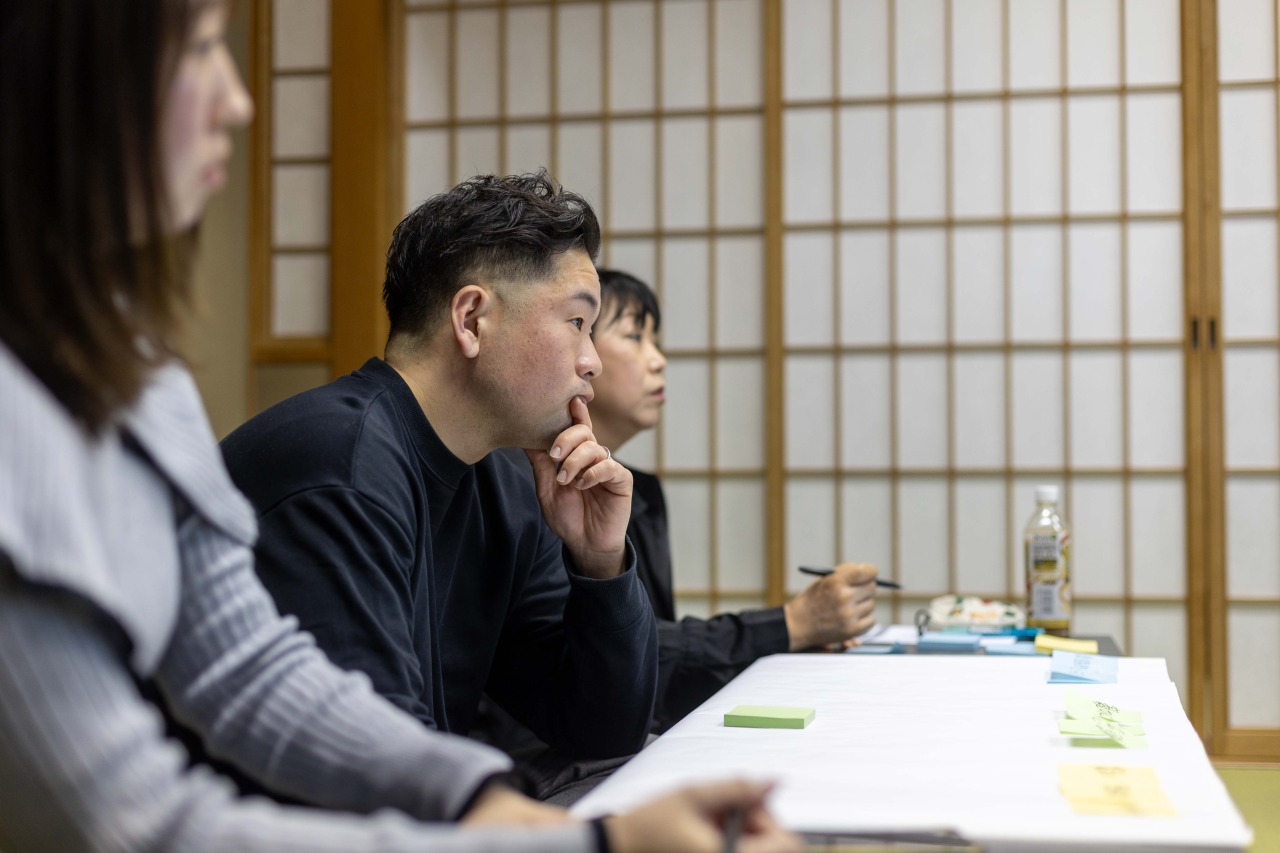
In addition, while a company's management strategy is naturally the core of its operations, we believe it is important to design business and personnel strategies in a way that is consistent with the management strategy. By positioning efforts to promote the growth of people and organizations as part of our personnel strategy and linking it with our management strategy, we hope to further improve the environment in which employees can learn and take on new challenges.
ASNOVA has set "motivation," "excitement," and "peace of mind" as the key words for its personnel strategy, and all of its initiatives will be designed with these three key themes in mind. With this clear focus, we hope to further accelerate our future initiatives.
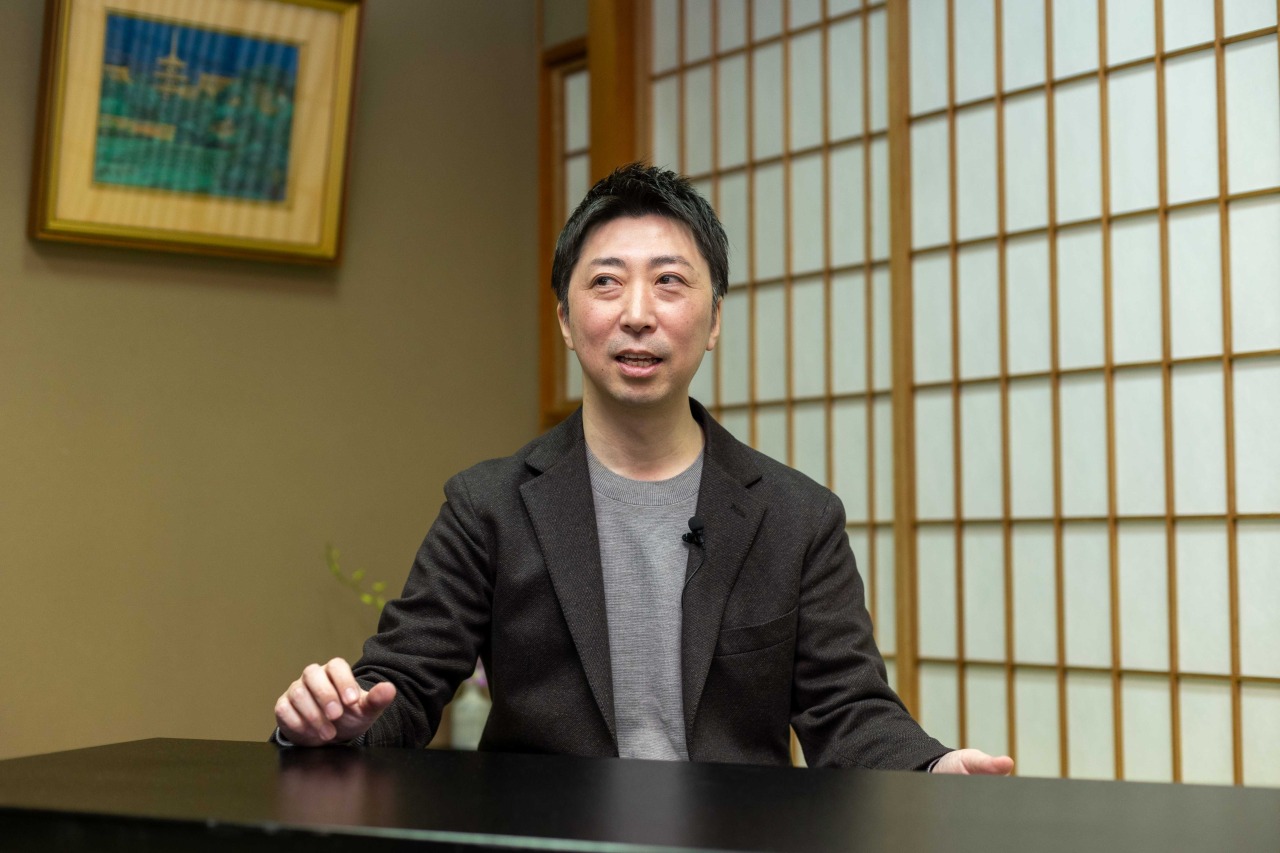
Making use of these teachings, at KATARUVA we place special importance on "respecting others" and "the ability to listen attentively." We always share this way of thinking at the beginning of each workshop, creating an environment where all participants can feel at ease and know that "this is a place where we can freely exchange opinions and engage in dialogue while respecting each other."
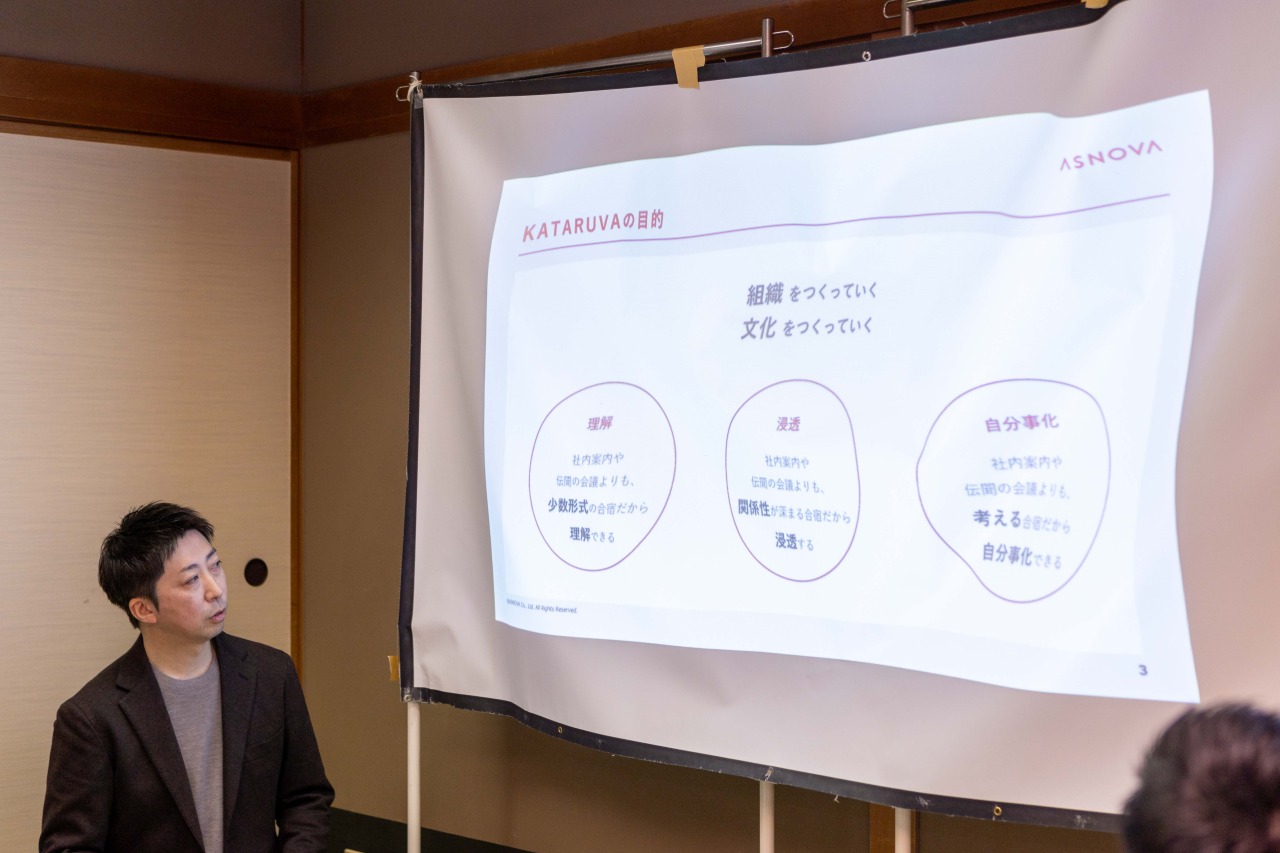
Ono: As a result, we are seeing changes in actual work, such as employees who were usually hesitant to speak up now proactively taking on project leadership roles and higher quality dialogue in work meetings. "KATARUVA" is not just a training camp or workshop; it is an important place to improve the quality of communication throughout the organization and create an organization where each employee can act independently.
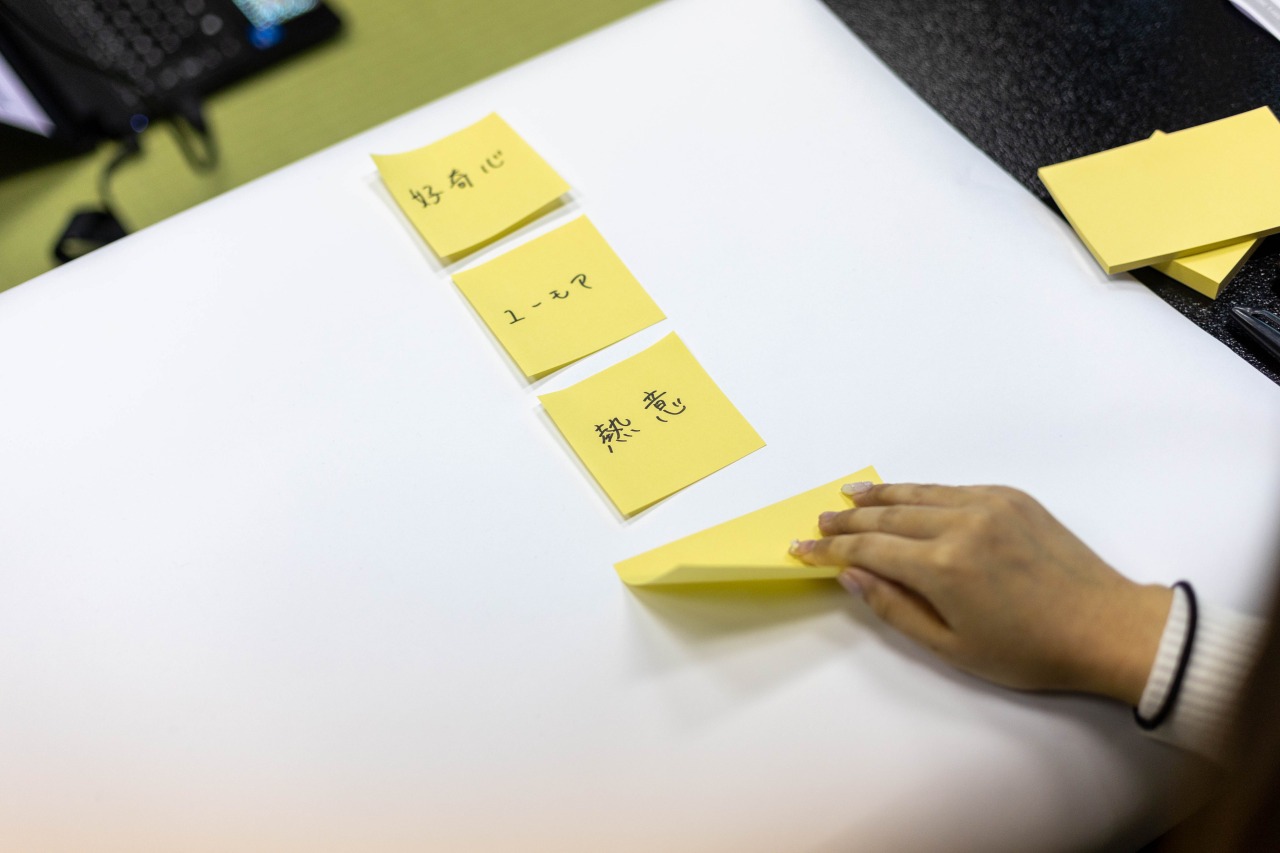
In the future, we would like to develop "KATARUVA" not as a standalone initiative, but as part of ASNOVA's overall learning environment. For example, we could create a larger learning platform within the company and position "KATARUVA" as part of it.
We would like to develop this "learning platform" so that employees of our overseas group companies can also participate, and furthermore, create a system that allows learning to be shared with people outside the company. It may take the form of an in-house university, but we would like to provide a place where everyone involved with ASNOVA can grow.
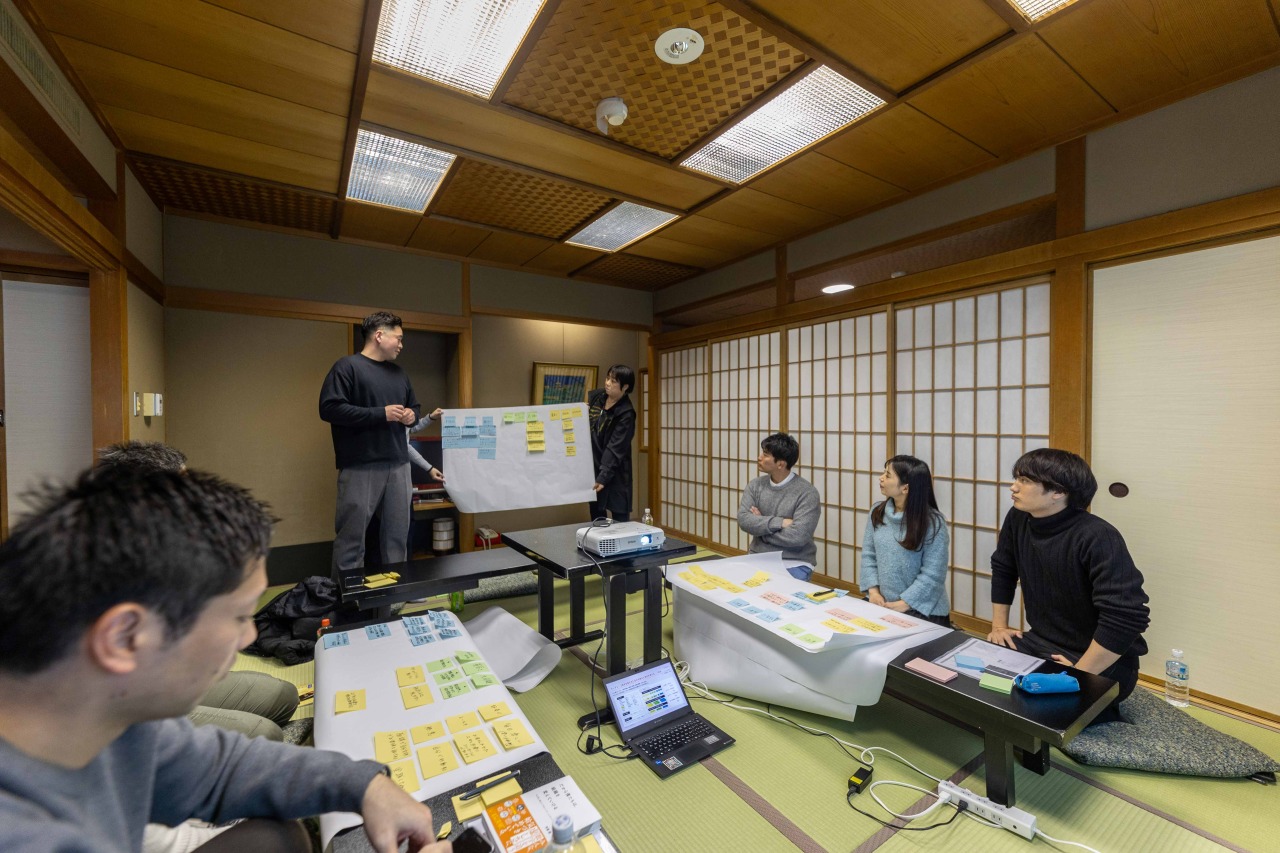
Ono: The reason we place importance on creating organizations and cultures is because we feel that the coming era will be one in which organizational culture will determine who wins.
We believe that the era of competing solely on products and services is coming to an end, so it is very important for us to pursue the "ASNOVA identity." That is why we want to grow into a company that can create a unique and one-of-a-kind "identity" through our organizational culture.
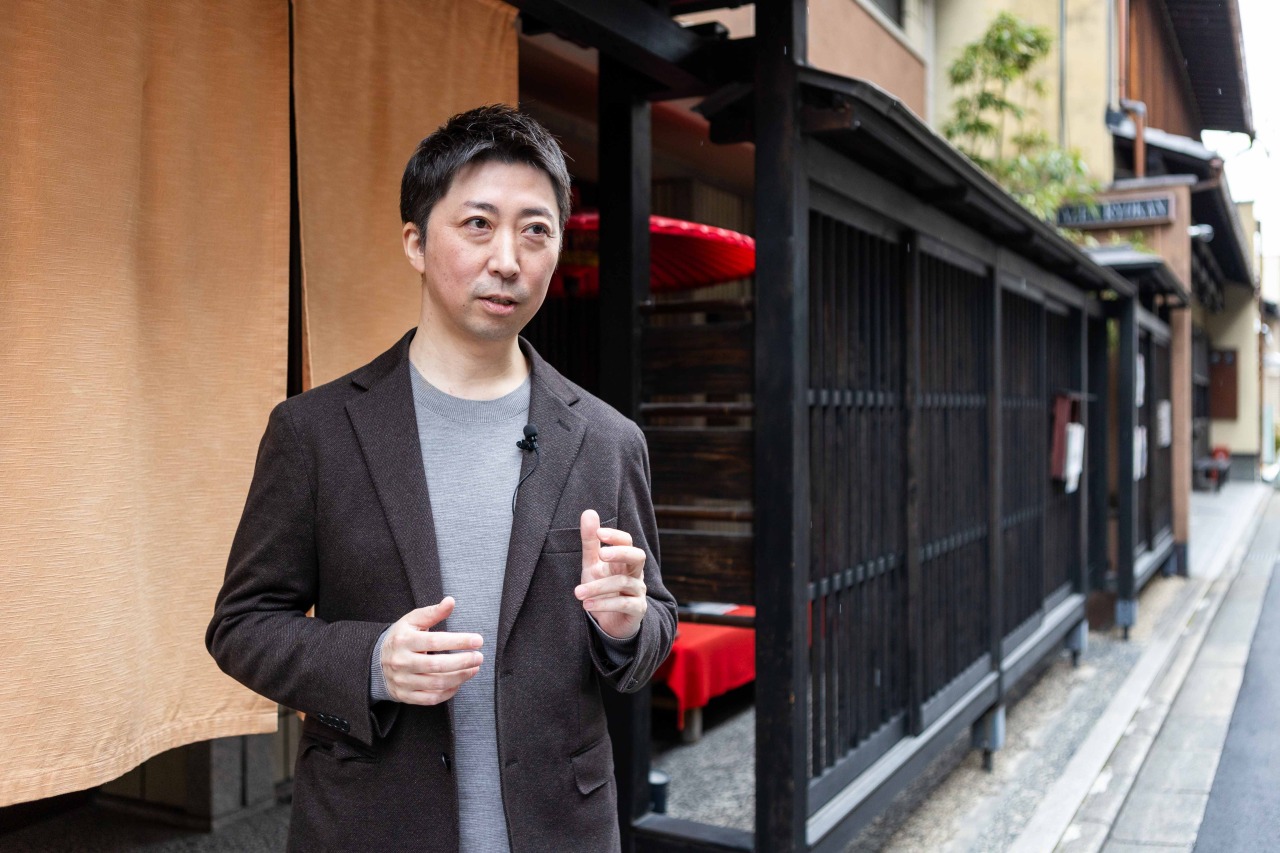
Furthermore, by linking learning with career development, we hope to create an environment where employees can work with a sense of fulfillment, excitement, and security.
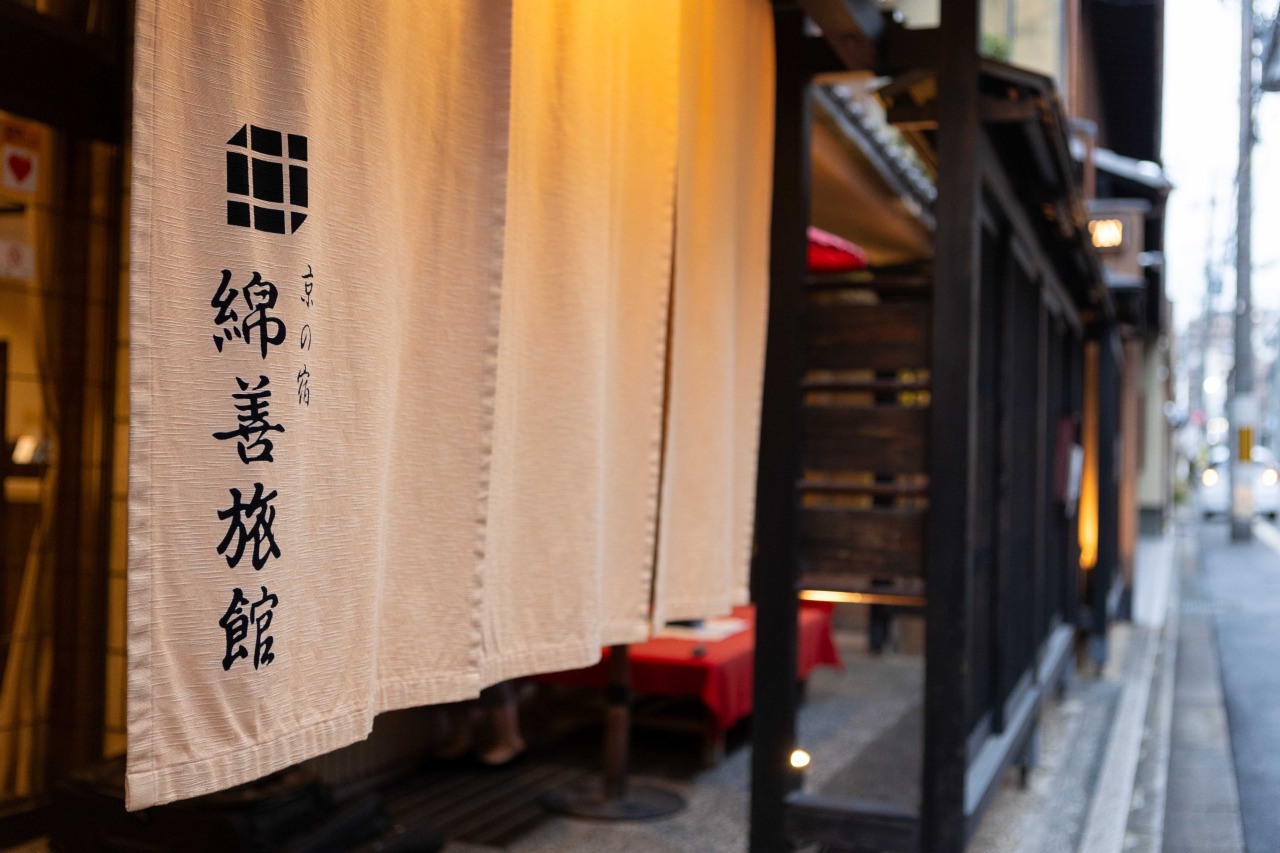
INDEX






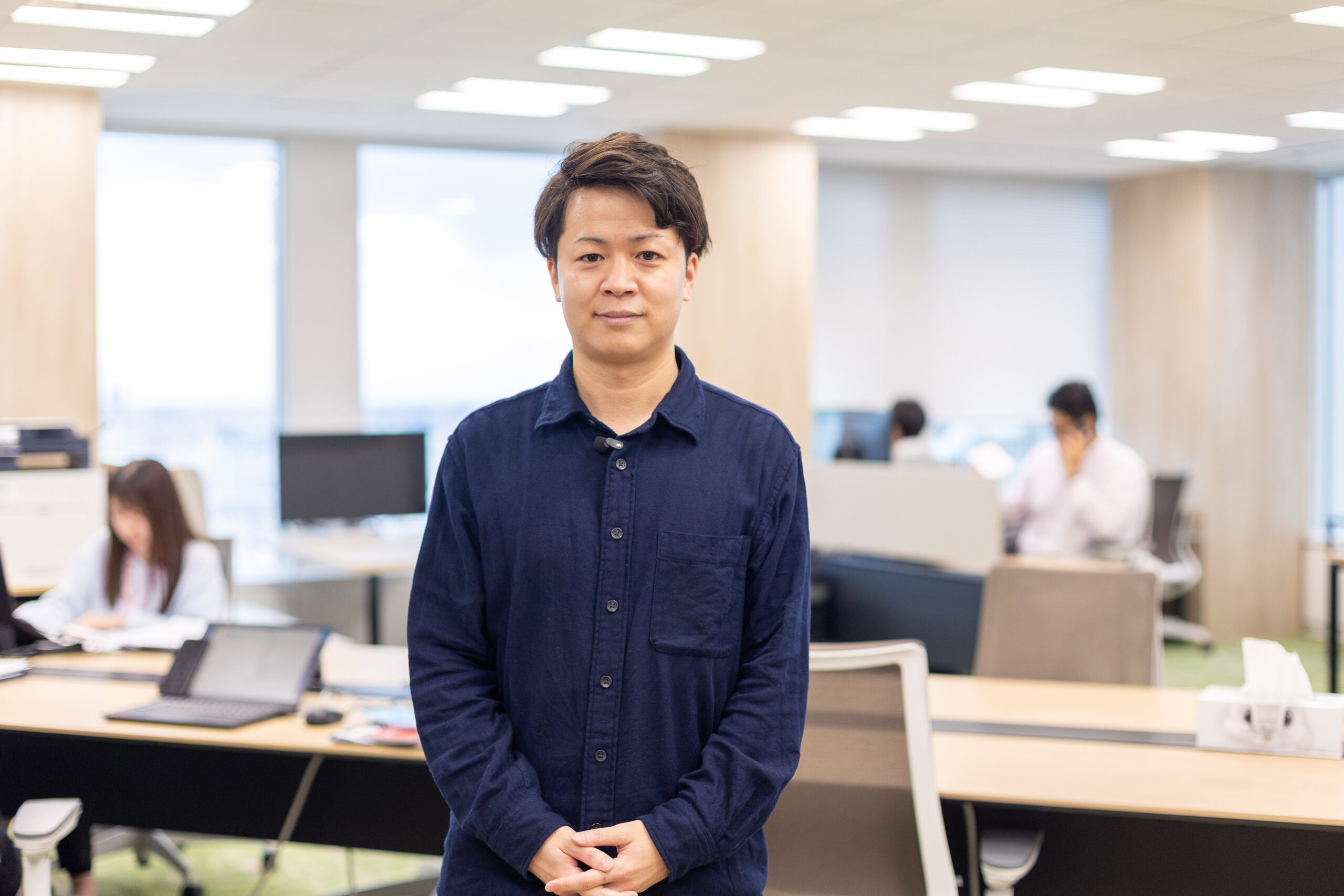





![[Circulation Project Discussion Vol. 3] It all started with "it looks fun." Rediscovering "ASNOVA's uniqueness" from a realistic perspective](/wp-content/uploads/2025/12/250808-41-scaled.jpg)










